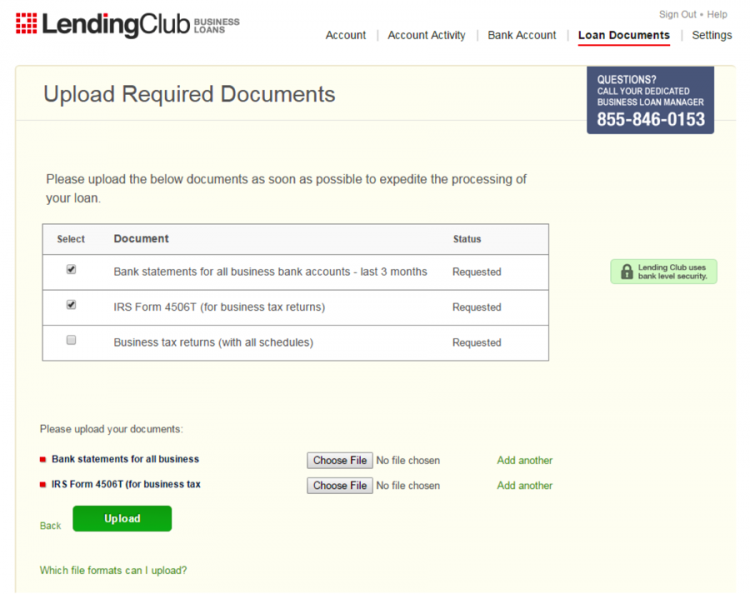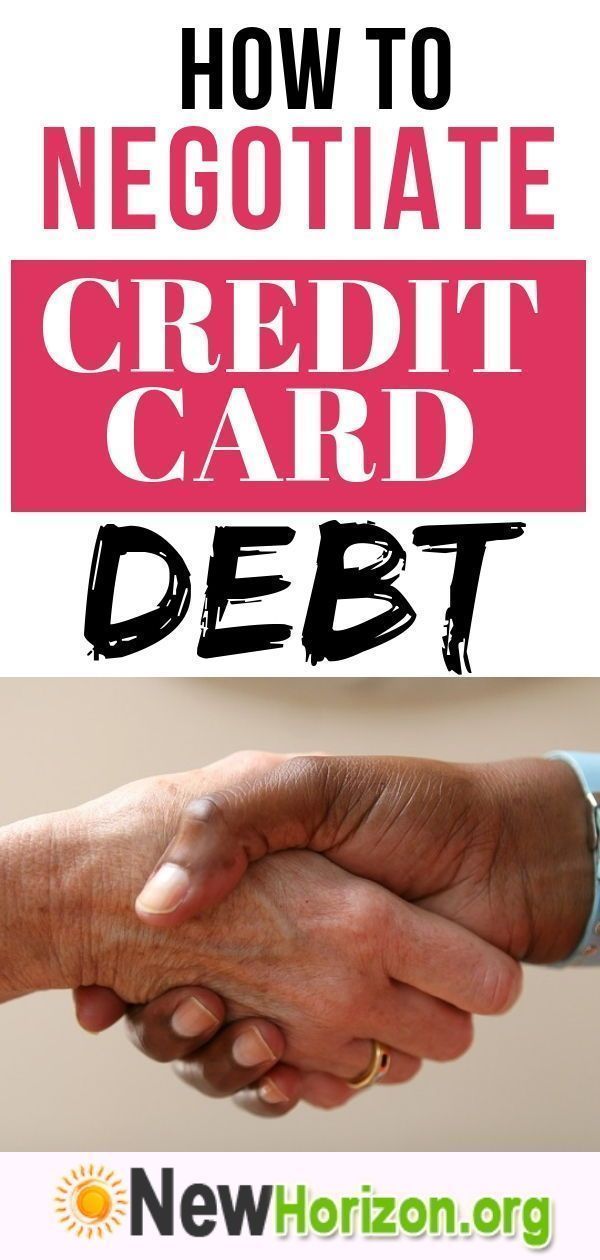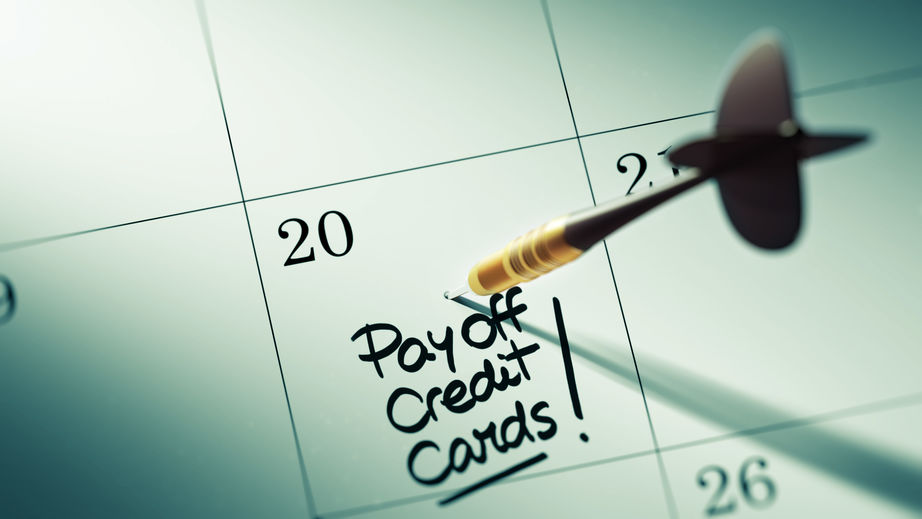
Although credit cards make it easy to make purchases, a personal loans is better for long-term repayment. Both loans are based in credit. Your particular circumstances will determine which one is best for you. Either one can be used to cover smaller or greater expenses. Each type of loan has its advantages and drawbacks. It is important you weigh the pros before you make a final decision.
First, determine whether you require a loan or credit card. A card can be used to borrow money, without you having to secure collateral. It is easier and more convenient. However, personal loans might be more suitable if you are looking to borrow a substantial amount of money.
The difference between a card and loan is their interest rates. While credit cards can have variable interest rates, personal loans are usually fixed. You may find a card that has a lower rate better depending on your credit score. If you are able to pay your balance off before the promotional period expires, you will be able to save significant amounts in interest costs.

There are several differences between personal loans and credit cards. One of the most prominent is the repayment period. Most lenders won't allow you to borrow more than five years. Personal loans require you to make monthly payments. Your credit score can be affected if you default on a payment.
A personal loan has the greatest advantage: it can finance almost anything. You can borrow money to buy a vehicle or computer. Personal loans have the added benefit of helping you save money. They are also easier to budget and are a great way for short-term expenses to be covered. However, borrowing with a creditcard may prove to be a better option in the long-term, especially if your debt-to-income ratio is low.
The amount of money that you need is the most important thing to consider when deciding which option is best for you. While both options can help you fund your needs financially, you should weigh the pros of each before you decide.
One of the biggest disadvantages of a credit line is that you cannot control how much you spend. This is especially true if the credit card you're using is a revolving one. The downside is that you won't have the protection of a collateral credit line. A personal loan, on the other hand can help you avoid paying interest. A home equity loan is another option, as they typically have a lower interest than credit card rates.

Although a personal loan and credit card offer the same convenience, a card will give you the ability to borrow money. A credit card is better if your goal is to get the most bang. Credit cards provide a number of other benefits such as fast financing options, balance payoffs, rewards, and the ability to earn interest. Cash back programs are an excellent way to make money.
FAQ
Why is personal finance so important?
Personal financial management is an essential skill for anyone who wants to succeed. We live in a world that is fraught with money and often face difficult decisions regarding how we spend our hard-earned money.
So why should we wait to save money? Is there something better to invest our time and effort on?
The answer is yes and no. Yes, as most people feel guilty about saving their money. You can't, as the more money that you earn, you have more investment opportunities.
As long as you keep yourself focused on the bigger picture, you'll always be able to justify spending your money wisely.
To become financially successful, you need to learn to control your emotions. Negative thoughts will keep you from having positive thoughts.
Your expectations regarding how much money you'll eventually accumulate may be unrealistic. This is because your financial management skills are not up to par.
After mastering these skills, it's time to learn how to budget.
Budgeting means putting aside a portion every month for future expenses. Planning will save you money and help you pay for your bills.
Now that you are able to effectively allocate your resources, you can look forward to a brighter future.
How much debt are you allowed to take on?
There is no such thing as too much cash. You will eventually run out money if you spend more than your income. Because savings take time to grow, it is best to limit your spending. If you are running out of funds, cut back on your spending.
But how much do you consider too much? Although there's no exact number that will work for everyone, it is a good rule to aim to live within 10%. This will ensure that you don't go bankrupt even after years of saving.
This means that even if you make $10,000 per year, you should not spend more then $1,000 each month. Spend less than $2,000 per monthly if you earn $20,000 a year. If you earn $50,000, you should not spend more than $5,000 per calendar month.
Paying off your debts quickly is the key. This includes credit card bills, student loans, car payments, etc. You'll be able to save more money once these are paid off.
It's best to think about whether you are going to invest any of the surplus income. You may lose your money if the stock markets fall. But if you choose to put it into a savings account, you can expect interest to compound over time.
For example, let's say you set aside $100 weekly for savings. That would amount to $500 over five years. Over six years, that would amount to $1,000. In eight years you would have almost $3,000 saved in the bank. You'd have close to $13,000 saved by the time you hit ten years.
After fifteen years, your savings account will have $40,000 left. That's quite impressive. You would earn interest if the same amount had been invested in the stock exchange during the same period. Instead of $40,000 in savings, you would have more than 57,000.
It's crucial to learn how you can manage your finances effectively. You might end up with more money than you expected.
Which side hustles have the highest potential to be profitable?
Side hustle is an industry term that refers to any additional income streams that supplement your main source.
Side hustles provide extra income for fun activities and bills.
Side hustles not only help you save money for retirement but also give you flexibility and can increase your earning potential.
There are two types. Passive side hustles include online businesses such as e-commerce stores, blogging, and freelancing. Some examples of active side hustles include dog walking, tutoring and selling items on eBay.
Side hustles are smart and can fit into your life. If you love working out, consider starting a fitness business. If you enjoy spending time outdoors, consider becoming a freelance landscaper.
Side hustles can be found everywhere. Find side hustle opportunities wherever you are already spending your time, whether that's volunteering or learning.
You might open your own design studio if you are skilled in graphic design. You might also have writing skills, so why not start your own ghostwriting business?
Do your research before starting any side-business. This way, when the opportunity arises, you'll be ready to jump right in and take advantage of it.
Side hustles can't be just about making a living. They are about creating wealth, and freedom.
There are many ways to make money today so there's no reason not to start one.
What is the distinction between passive income, and active income.
Passive income means that you can make money with little effort. Active income requires hardwork and effort.
When you make value for others, that is called active income. Earn money by providing a service or product to someone. For example, selling products online, writing an ebook, creating a website, advertising your business, etc.
Passive income is great as it allows you more time to do important things while still making money. But most people aren't interested in working for themselves. So they choose to invest time and energy into earning passive income.
Passive income isn't sustainable forever. You might run out of money if you don't generate passive income in the right time.
If you spend too long trying to make passive income, you run the risk that your efforts will burn out. Start now. If you wait to start earning passive income, you might miss out opportunities to maximize the potential of your earnings.
There are three types passive income streams.
-
There are many options for businesses: You can own a franchise, start a blog, become a freelancer or rent out real estate.
-
Investments - These include stocks, bonds and mutual funds as well ETFs.
-
Real Estate - These include buying land, flipping houses and investing in real estate.
How to create a passive income stream
To earn consistent earnings from the same source, it is important to understand why people make purchases.
That means understanding their needs and wants. Learn how to connect with people to make them feel valued and be able to sell to them.
Next, you need to know how to convert leads to sales. The final step is to master customer service in order to keep happy clients.
You may not realize this, but every product or service has a buyer. And if you know who that buyer is, you can design your entire business around serving him/her.
To become a millionaire it takes a lot. To become a billionaire, it takes more effort. Why? Why?
You can then become a millionaire. Finally, you must become a billionaire. The same goes for becoming a billionaire.
So how does someone become a billionaire? Well, it starts with being a thousandaire. To achieve this, all you have to do is start earning money.
But before you can begin earning money, you have to get started. Let's take a look at how we can get started.
What is personal finances?
Personal finance refers to managing your finances in order to achieve your personal and professional goals. This includes understanding where your money is going and knowing how much you can afford. It also involves balancing what you want against what your needs are.
Learning these skills will make you financially independent. You won't need to rely on anyone else for your needs. You can forget about worrying about rent, utilities, or any other monthly bills.
Not only will it help you to get ahead, but also how to manage your money. It will make you happier. Positive financial health can make it easier to feel less stressed, be promoted more quickly, and live a happier life.
So, who cares about personal financial matters? Everyone does! Personal finance is the most popular topic on the Internet. Google Trends reports that the number of searches for "personal financial" has increased by 1,600% since 2004.
People use their smartphones today to manage their finances, compare prices and build wealth. They read blogs such this one, listen to podcasts about investing, and watch YouTube videos about personal financial planning.
Bankrate.com says that Americans spend on the average of four hours per day watching TV and listening to music. They also spend time surfing the Web, reading books, or talking with their friends. There are only two hours each day that can be used to do all the important things.
You'll be able take advantage of your time when you understand personal finance.
Statistics
- Shares of Six Flags Entertainment Corp. dove 4.7% in premarket trading Thursday, after the theme park operator reported third-quarter profit and r... (marketwatch.com)
- These websites say they will pay you up to 92% of the card's value. (nerdwallet.com)
- As mortgage rates dip below 7%, ‘millennials should jump at a 6% mortgage like bears grabbing for honey' New homeowners and renters bear the brunt of October inflation — they're cutting back on eating out, entertainment and vacations to beat rising costs (marketwatch.com)
- U.S. stocks could rally another 25% now that Fed no longer has ‘back against the wall' in inflation fight (marketwatch.com)
- According to a June 2022 NerdWallet survey conducted online by The Harris Poll. (nerdwallet.com)
External Links
How To
How to make money online
The way people make money online today is very different than 10 years ago. How you invest your funds is changing as well. While there are many methods to generate passive income, most require significant upfront investment. Some methods are more difficult than others. There are a few things to consider before you invest your hard-earned money into any online business.
-
Find out what type of investor are you. You might be attracted to PTC sites (Pay per Click), which pay you for clicking ads. If you're looking for long-term earning potential, affiliate marketing might be a good option.
-
Do your research. Before you commit to any program, you must do your homework. Read through reviews, testimonials, and past performance records. You don’t want to spend your time and energy on something that doesn’t work.
-
Start small. Don't just jump right into one big project. Instead, begin by building something basic first. This will help you learn the ropes and determine whether this type of business is right for you. After you feel confident enough, you can start working on larger projects.
-
Get started now! You don't have to wait too long to start making money online. Even if it's been years since you last worked full-time, you still have enough time to build a solid portfolio niche websites. All you need to get started is an idea and some hard work. So go ahead and take action today!